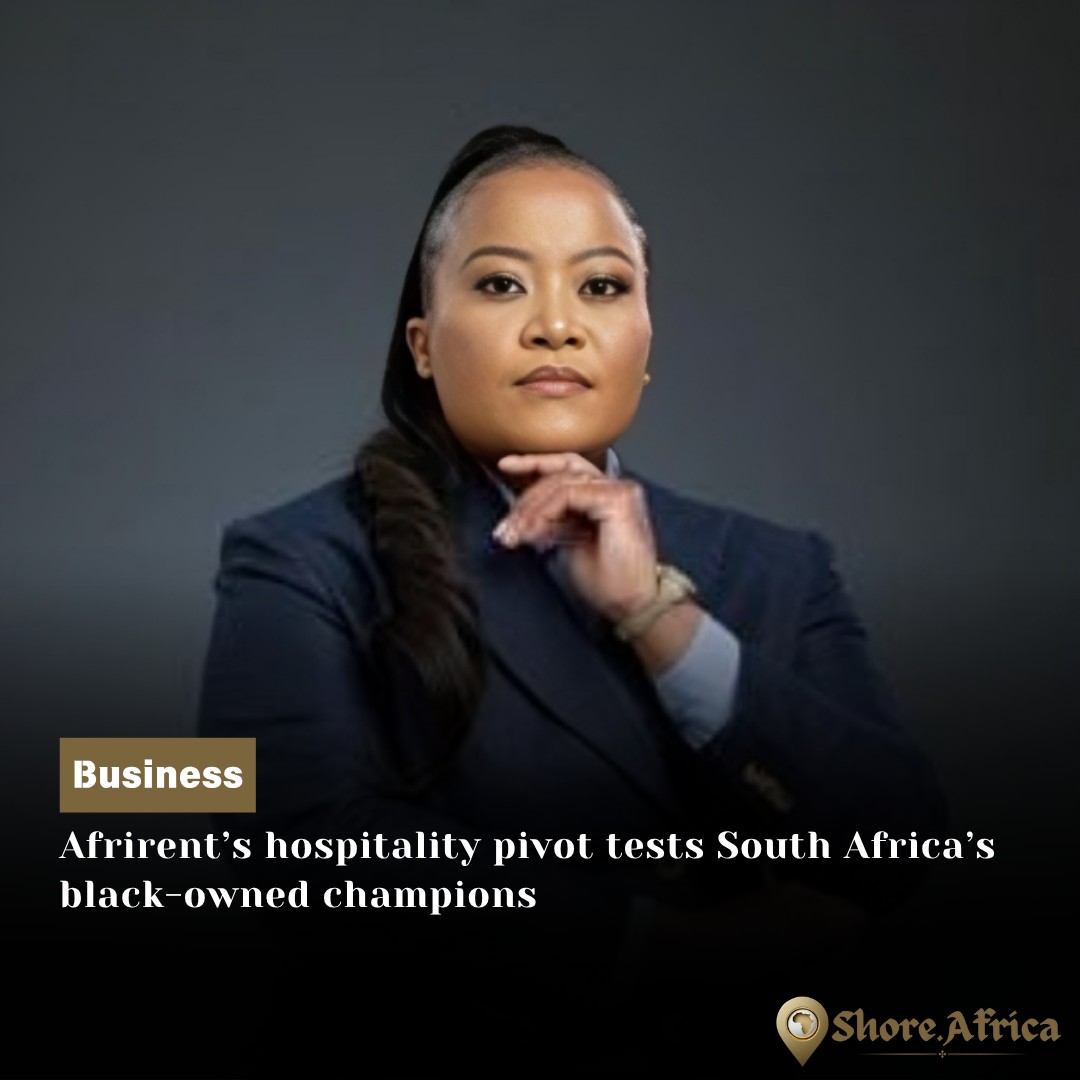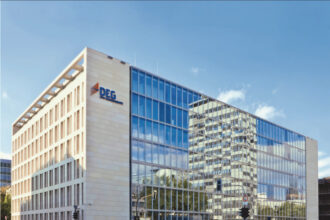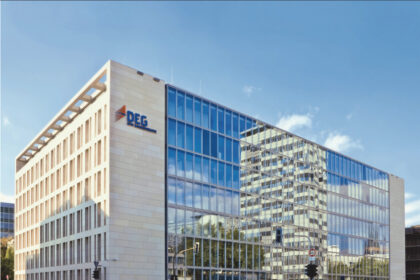At a Glance
- Afrirent pivots from fleet management to hospitality amid delayed municipal payments and cash-flow pressure.
- The firm’s first hotel acquisition, Protea Mahikeng, marks its entry into South Africa’s tourism sector.
- Afrirent’s diversification highlights the challenges faced by black-owned businesses expanding into asset-intensive industries.
Afrirent Holdings, one of South Africa’s leading black-owned companies, is expanding into the hospitality sector to diversify its revenue base.
Founded by Senzo Tsabedze and his wife, Thenjiwe, the fleet-management firm is now betting on hotels and resorts under its Indalo Hotels & Leisure brand.
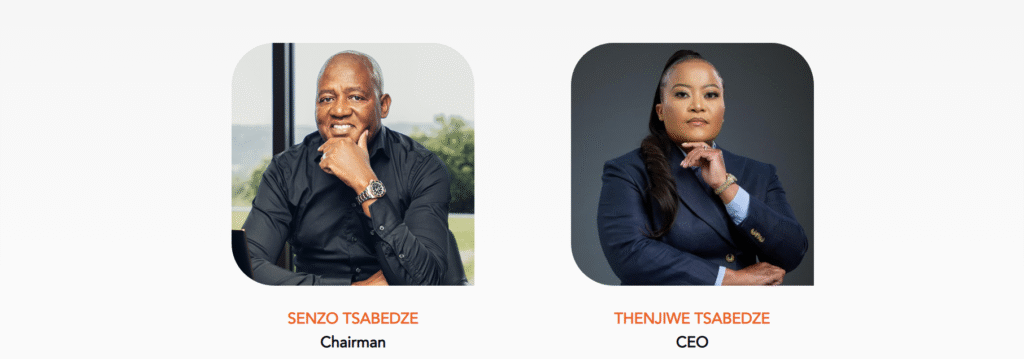
The move signals Afrirent’s biggest transformation yet, and a test of how black-owned businesses in South Africa can manage growth, cash flow, and diversification.
Where it all began
Afrirent’s rise began far from the polished hotel floors it now covets. Tsabedze grew up in Mshayazafe, a village in Mpumalanga, where he once slept under trees while building his first trucking business.
With two borrowed vehicles, he launched Indalo Fleet Solutions, later renamed Afrirent Holdings. The firm began securing municipal contracts in a space long controlled by established players.
By 2018, Afrirent had won more than R1 billion ($57.55 million) in public contracts across South Africa. Its identity as a black-owned company placed it firmly in the country’s transformation drive.
In 2024, Standard Bank and Top Women honored Afrirent with a Top Gender Empowerment Award for advancing women into leadership roles.
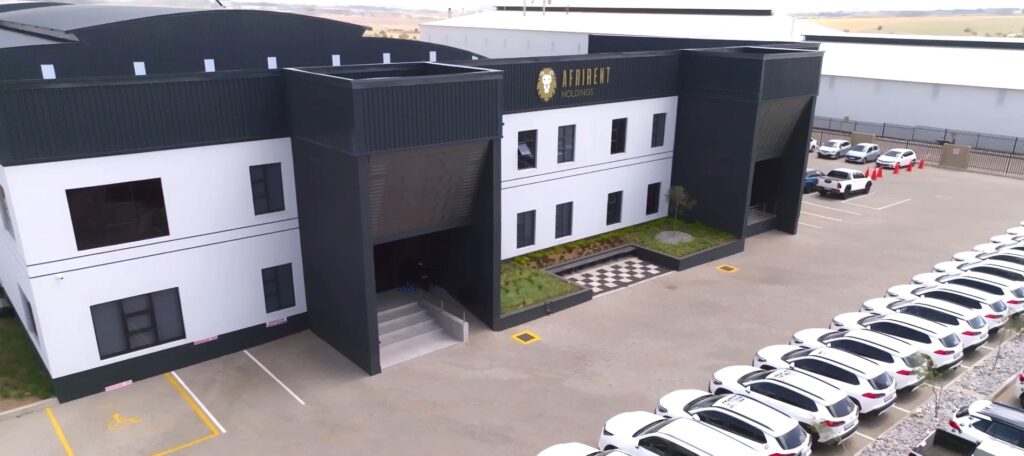
From fleet to fountains
In 2021, Afrirent quietly entered hospitality through Indalo Hotels & Leisure. The first step, a lease at Cape Town’s Fountains Hotel, drew little notice. By late 2024, the shift had gathered pace.
Afrirent took a 51 percent stake in High Street Auctions in October 2024, a move meant to recover value from retired fleet assets. Less than a year later, on Sept. 2, 2025, Indalo acquired the 99-room Protea Hotel by Marriott Mahikeng, Afrirent’s first wholly owned hotel.
“Acquiring Protea Hotel Mahikeng is a major step in our goal to build a proudly South African hospitality brand,” said Kevin Burley, Indalo’s operations director.
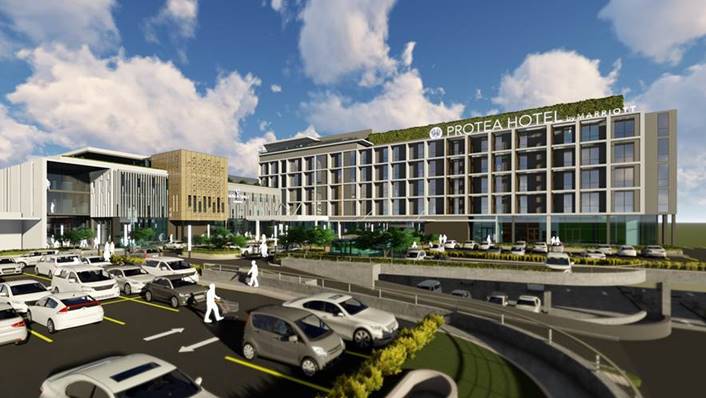
Fleet business still humming — but under pressure
Even as Afrirent expands, the fleet business remains central. Late payments from Johannesburg, more than R90 million ($5.18 million), forced a temporary service halt in December 2024. Though operations resumed, the episode showed how late municipal payments can squeeze cash flow.
Fleet management depends on predictable income. Hotels, by contrast, demand heavy upfront spending and patience before returns. Balancing both models takes discipline, not just vision.
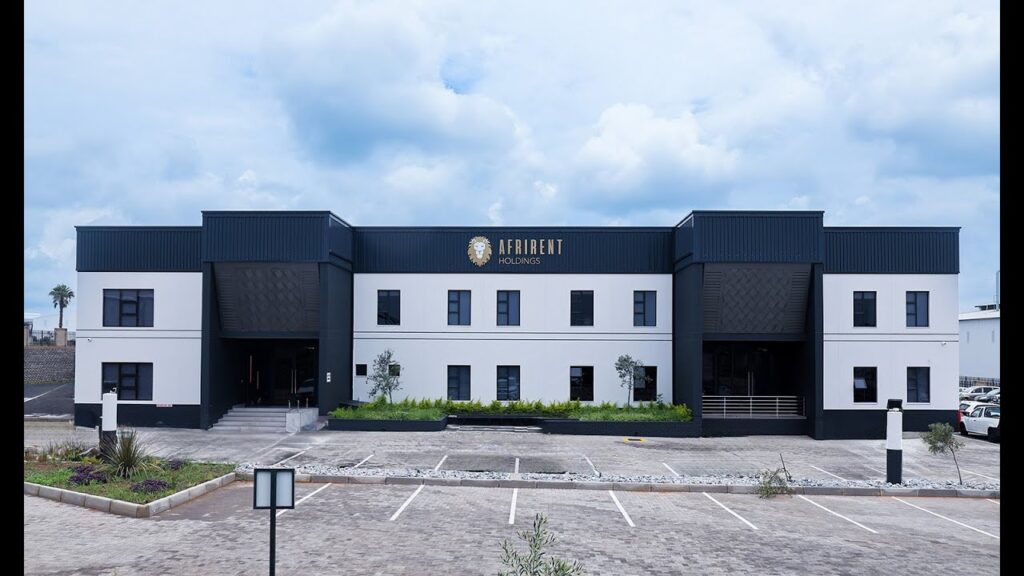
Balancing act: growth vs. grounding
Afrirent’s portfolio now includes logistics, environmental services, hospitality, asset disposal, and gaming. The range offers promise, but also complexity.
Fleet contracts can stall on payments, while hotels require patient capital. Analysts say Afrirent must keep its core business strong enough to finance expansion without stretching itself too thin.
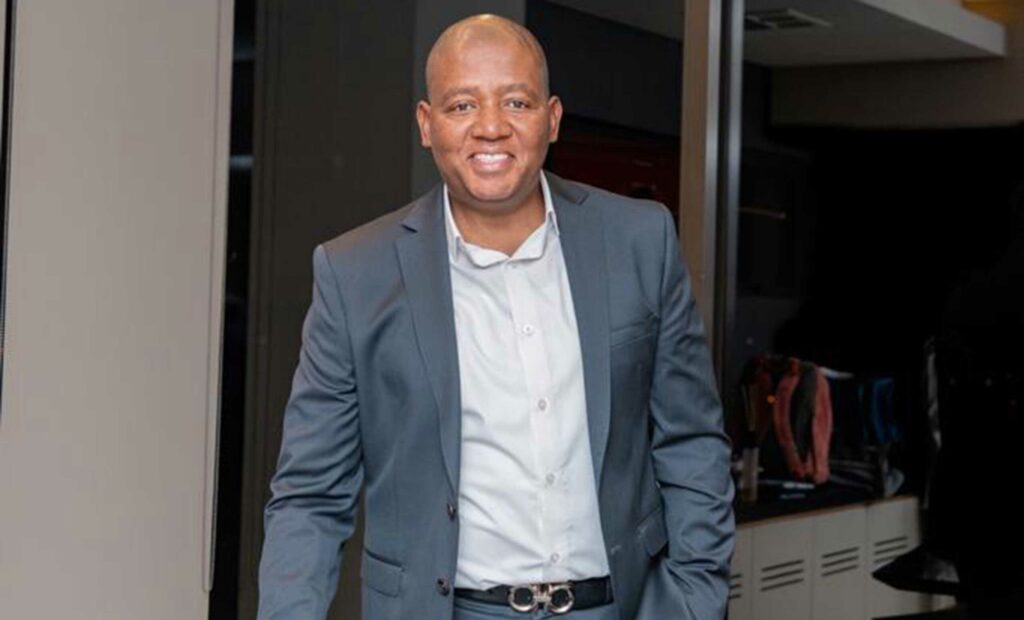
What could work in its favor
a. Transformation advantage: Afrirent is 100 percent black-owned, female-led at executive level, and Level 1 BEE-certified, keeping it well placed for state projects and funding.
b. Regional hospitality focus: The Mahikeng deal signals a push into smaller, under-served markets with growing travel demand.
c. Cross-sector leverage: Linking logistics, auctions, and hospitality could create efficiencies, if execution and governance hold steady.

Why it matters
Afrirent reflects a broader shift among South Africa’s black-owned firms moving from service contracts to asset-heavy sectors like hospitality and gaming. Their progress will test how transformation is measured, not just by ownership, but endurance.
From two borrowed trucks in Mpumalanga to a Marriott hotel in Mahikeng, Afrirent’s story mirrors the country’s ongoing push for inclusive growth. For Senzo and Thenjiwe Tsabedze, the real challenge isn’t expansion, it’s managing cash with care. Because in business, optimism doesn’t pay invoices. Discipline does.

